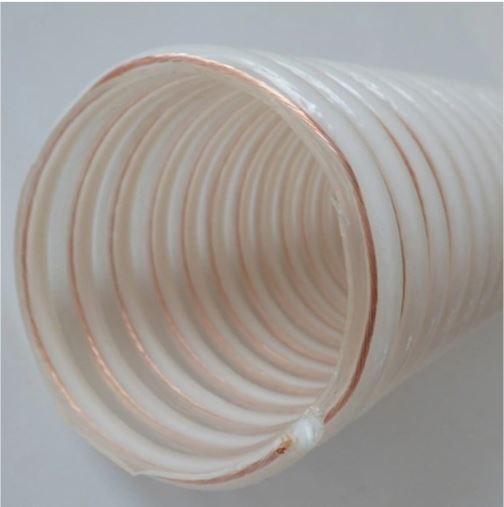Durable PVC Water Pipes for Efficient Garden Irrigation and Watering Solutions
The Benefits of PVC Water Pipes for Garden Irrigation
In the realm of gardening, ensuring that plants receive adequate water is crucial for their health and growth. One of the most efficient ways to manage water supply in gardens is through the use of PVC water pipes. These pipes have become increasingly popular for their durability, cost-effectiveness, and versatility. In this article, we will explore the advantages of using PVC water pipes for garden irrigation and why they are a preferred choice among gardeners.
Durability and Longevity
PVC (Polyvinyl Chloride) is a type of plastic that is well-known for its strength and resistance to environmental factors. Unlike traditional metal pipes, which can rust or corrode over time, PVC pipes are immune to the effects of moisture and can withstand harsh weather conditions. This durability means that garden owners can rely on PVC pipes for many years without worrying about pipe degradation, making them a long-term investment for any irrigation system.
Cost-Effective Solution
When setting up an irrigation system, budget considerations are often a significant concern for gardeners. PVC water pipes are relatively inexpensive compared to other materials such as copper or galvanized steel. This cost-effectiveness enables gardeners to install extensive irrigation setups without breaking the bank. Additionally, since PVC pipes require little maintenance, the long-term savings add up, making them an excellent choice for budget-conscious gardening enthusiasts.
Easy Installation
One of the standout features of PVC pipes is their lightweight nature, which makes them incredibly easy to handle and install. Gardeners can often complete installations without the need for professional plumbing help, saving on labor costs. PVC pipes come in a variety of sizes and can be easily cut to fit specific garden layouts. The ease of installation also means that DIY enthusiasts can create customized irrigation systems tailored to their specific garden needs, from drip lines to sprinkler systems.
pvc water pipe for garden

Versatility in Application
PVC pipes are not just limited to standard irrigation systems; their versatility extends to various applications within the garden. They can be used for constructing raised garden beds, creating underground water systems, or even setting up hydroponic systems. The adaptability of PVC pipes makes them suitable for a wide range of gardening styles and helps gardeners optimize their space and water usage effectively.
Resistance to Algae and Bacteria
Another significant advantage of PVC pipes in garden irrigation is their resistance to algae and bacteria. Unlike some other materials, PVC does not provide a conducive environment for the growth of these potentially harmful organisms. This resistance helps to maintain water quality, ensuring that plants receive clean water that promotes healthy growth. Such features make PVC water pipes an ideal choice for organic gardeners who are particularly concerned about the purity of their watering systems.
Environmentally Friendly Options
As awareness around sustainable gardening practices increases, PVC pipes have evolved to offer eco-friendly options. Many manufacturers now produce recycled or recyclable PVC pipes, reducing the environmental impact associated with their production and disposal. This development allows gardeners to use PVC pipes confidently, knowing they are making choices that support environmental sustainability.
Conclusion
In conclusion, PVC water pipes present numerous benefits for garden irrigation. Their durability, cost-effectiveness, ease of installation, versatility, resistance to algae, and environmentally friendly options make them a superior choice for gardeners of all skill levels. Whether you are a novice gardener just starting out or an experienced horticulturist looking to optimize your watering system, PVC pipes can provide you with the reliability and efficiency you need to cultivate a flourishing garden. Investing in PVC water pipes is undoubtedly a step toward creating a successful and sustainable gardening experience.
-
Welded Wire Mesh Panel: Durable, Versatile, and AffordableNewsJul.28,2025
-
Top Quality Oxy Acetylene Hoses for Sale Fit for Welding DemandsNewsJul.28,2025
-
The Future of Pneumatic Air Tubes in IndustryNewsJul.28,2025
-
Superior and Reliable LPG Hose Pipe Solutions for Every NeedNewsJul.28,2025
-
Exceptionally Durable and Versatile Premium Braided PVC TubingNewsJul.28,2025
-
Best Adapters for Connecting Garden Hose to PVC Pipe ConnectionsNewsJul.28,2025














